Auteur Theory in Cinema: Defining the Artistic Vision Behind the Camera
Auteur Theory in Cinema: Defining the Artistic Vision Behind the Camera
The concept of auteur theory stands as a pillar in the realm of cinematic discourse, forever altering how we perceive and analyze films. Coined in the 1940s and 50s by French film critics, notably those affiliated with the magazine Cahiers du Cinéma, auteur theory posits that a film reflects the director's personal creative vision. Despite collaboration being integral to filmmaking, this perspective elevated the director from a mere facilitator to an artist akin to a painter or novelist whose individual style permeates their entire body of work.
The Origins of Auteur Theory
Auteur theory finds its roots in post-war France, where criticism and appreciation of cinema were undergoing significant transformation. Three pivotal figures—André Bazin, François Truffaut, and Jean-Luc Godard—illustrated the theory through their writings and, subsequently, their films. Their contention was that a director deserved the same recognition as an author or painter because the film is ultimately a singular, identifiable work of art despite being a collaborative effort.
François Truffaut's influential essay, "A Certain Tendency of the French Cinema," published in Cahiers du Cinéma in 1954, formally articulated auteur theory. Truffaut argued that directors who infuse their personal style and thematic preoccupations consistently across their work are the true "authors" of cinema. His critique of the "tradition of quality" in French cinema, which focused on adapting literary classics, pushed back against the screenwriter's dominance and sought to highlight the director's vision.
Key Characteristics of an Auteur
What sets an auteur apart from other directors is the discernible signature they leave across their films. This signature can manifest through recurring themes, unique visual or narrative styles, or the consistent use of particular actors and crew members. Stanley Kubrick's meticulous attention to detail and exploration of humanity's darker aspects, for instance, make his films instantly recognizable, regardless of genre. Similarly, Wes Anderson's symmetrical compositions and whimsical storytelling create a distinctive aesthetic making him a modern auteur.
Alfred Hitchcock is often cited as an archetype of auteur theory. His consistent focus on themes of tension, fear, and anxiety, meticulously crafted from screenplay to final edit, solidifies his status as an auteur. The distinct visual and narrative style of his films, from the use of suspense and innovative camera techniques to frequent cameos, forms a cohesive body of work that is instantly recognizable.
Impact and Criticism
While auteur theory has undoubtedly profoundly impacted both film criticism and filmmaking, it is not without its criticisms. One primary contention is the notion that film is fundamentally a collaborative medium involving a significant number of creatives that contribute to the final product. Critics of the theory argue that emphasizing the director's vision often overlooks the creative input of writers, producers, actors, and musicians who play crucial roles in a film's realization.
Moreover, auteur theory tends to favor certain types of directors—often male, Western, and already well-established—thus marginalizing the contributions of other filmmakers who may not fit this mold but nonetheless produce exceptional work. The theory's emphasis on individualism over collaboration can diminish the diverse voices that contribute to the cinematic art form.
The Legacy of Auteur Theory
Despite its criticisms and limitations, auteur theory endures as an essential lens through which to view and evaluate the craft of filmmaking. It encourages audiences and critics alike to consider films as artistic expressions rather than mere entertainment products. The theory has inspired countless directors to seek a personal vision, enriching cinema with diverse narratives and distinctive styles.
Auteur theory continues to evolve, adapting to contemporary cinema where voices are more diverse, and collaborations more visible. In this modern landscape, the auteur remains a vital notion, balancing individual vision with collaborative artistry. As we delve into these complexities and consider their implications, auteur theory persists as a subject of debate, appreciation, and study.
Auteur Theory in the Modern Age
In recent years, the film industry has seen a notable shift in how we perceive and celebrate auteurs. With the rise of independent cinema, digital platforms, and international film festivals, new voices and diverse stories have emerged, expanding the notion of what it means to be an auteur. These modern auteurs come from different backgrounds and cultures, offering fresh perspectives and styles that challenge traditional interpretations of auteurism.
Directors like Greta Gerwig, Bong Joon-ho, and Ava DuVernay have each carved out unique spaces in the film world, infusing their projects with distinct voices and innovative storytelling techniques. For instance, Bong Joon-ho's ability to weave social commentary into genre films, like "Parasite," has garnered international acclaim, highlighting the potential for auteur theory to thrive in a global context. Similarly, Ava DuVernay's work emphasizes underrepresented narratives in American cinema, insisting on the director's power to influence societal discourse and cultural understanding.
Technology and the Auteur
The advent of technology has also played a vital role in reshaping auteur theory. Digital filmmaking tools and online distribution platforms have democratized the process, allowing filmmakers with fewer resources to produce and share their work. This democratization enables a broader range of voices to emerge, challenging the traditional barriers once associated with becoming a recognized auteur.
For contemporary auteurs, technology provides creative freedom and new methods to connect with audiences. For instance, directors like David Fincher and Quentin Tarantino are known for their meticulous craftsmanship and ability to manipulate digital tools to serve their artistic visions. The precision of Fincher's digital techniques in movies like "The Social Network" showcases how technology can amplify an auteur's style and storytelling approach.
Auteur Theory and Television
Interestingly, auteur theory has also transcended the boundaries of cinema and found relevance in the realm of television. As television has grown in prestige and complexity, often rivaling traditional film in storytelling depth and production quality, directors and writers in this medium have increasingly taken on auteur-like status. Shows like "Twin Peaks" by David Lynch and "True Detective" by Cary Joji Fukunaga exhibit a clear authorial vision, characterized by unique storytelling techniques and distinctive aesthetic choices.
Streaming services like Netflix, Amazon Prime, and HBO have further enabled this crossover, offering directors the freedom to develop multi-episode narratives with the same auteurial approach used in film. These platforms allow creatives to push boundaries, experiment with form, and present cohesive, expansive stories that reflect their artistic visions.
Revisiting Auteur Theory's Critique
As auteur theory evolves, so too does the critique surrounding it. While it's evident that the director plays a significant role in shaping a film, the theory's tendency to marginalize the contributions of other creatives still stands. Critics argue for a more inclusive approach that acknowledges the collaborative nature of filmmaking. By recognizing the critical roles played by screenwriters, cinematographers, editors, and composers, the theory can evolve to celebrate cinematic artistry more holistically.
Furthermore, the increasing diversity within the industry offers an opportunity to broaden our understanding of auteurism. By embracing filmmakers from various cultural backgrounds and giving due credit to the collaborative dynamics inherent in the film and television production process, auteur theory can be revitalized to reflect the current landscape of visual storytelling.
The Future of Auteur Theory
As cinema continues to change and evolve in a rapidly developing cultural landscape, the relevance and application of auteur theory remain subjects of ongoing debate. However, the core tenet—considering the director as a central creative force—persists, albeit in a hybrid form that acknowledges the director's influence while celebrating the collaboration that brings films and TV shows to life.
The future of auteur theory lies in its adaptability. It must expand to include voices from diverse backgrounds, embrace technological advancements, and recognize the complexities of shared creativity. Upcoming filmmakers are already redefining auteurism by crafting deeply personal narratives that also engage collaboratively with other artistic talents, heralding a new epoch for cinema where personal vision and collective effort are equally celebrated.
In conclusion, auteur theory endures as a compelling framework for both creators and audiences. It encourages audiences to engage with films on a deeper level, recognizing directorial signatures and pondering over the philosophical or stylistic underpinnings of visual narratives. As we progress, auteur theory will continue to evolve, reflecting the dynamic and diverse nature of modern storytelling. Its journey lies not only in looking through the lens of the director but also in embracing the multifaceted nature of cinema itself.
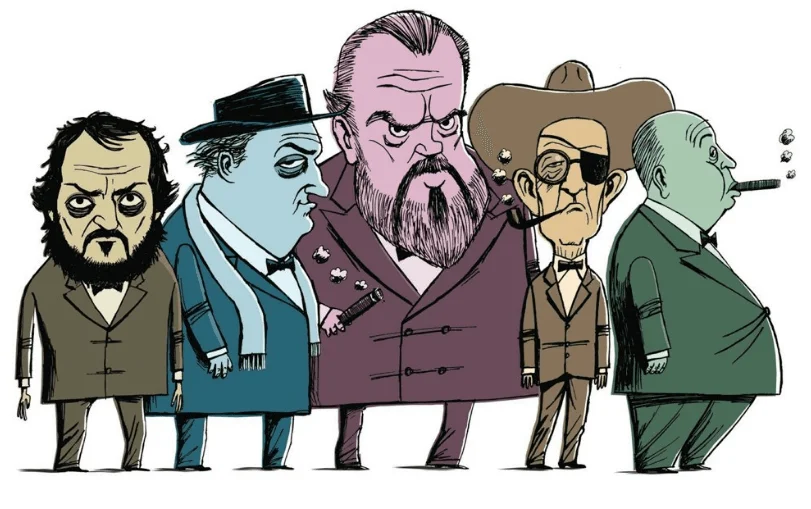


:max_bytes(150000):strip_icc()/GettyImages-526903546-c5f7308f4e9844b888da510657de03b0.jpg)



.webp)





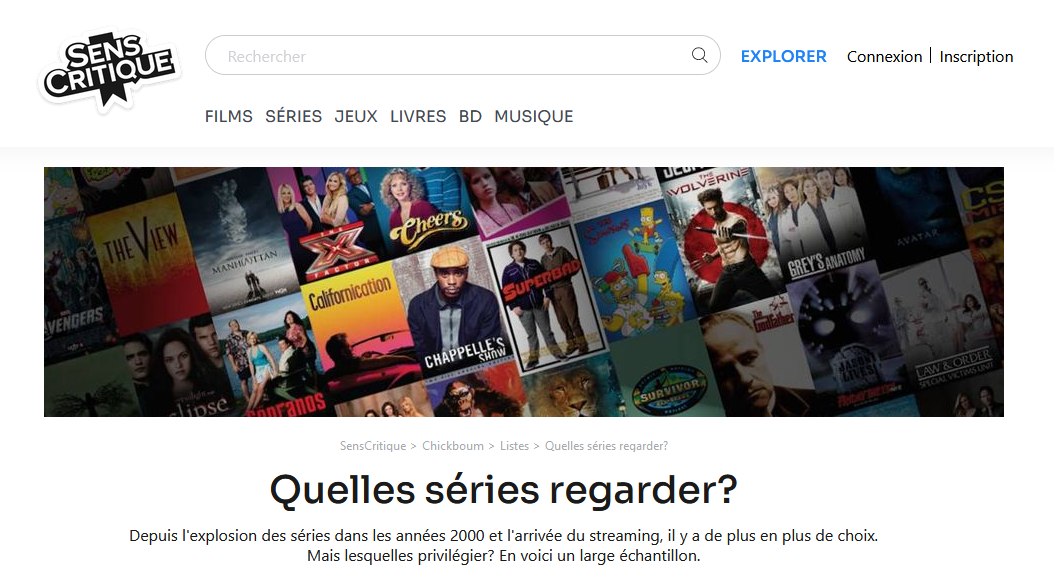
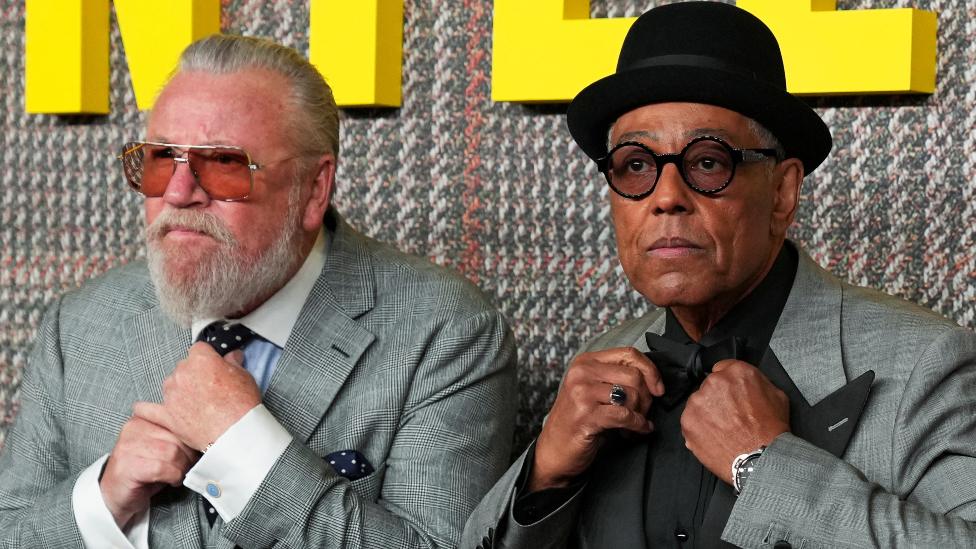
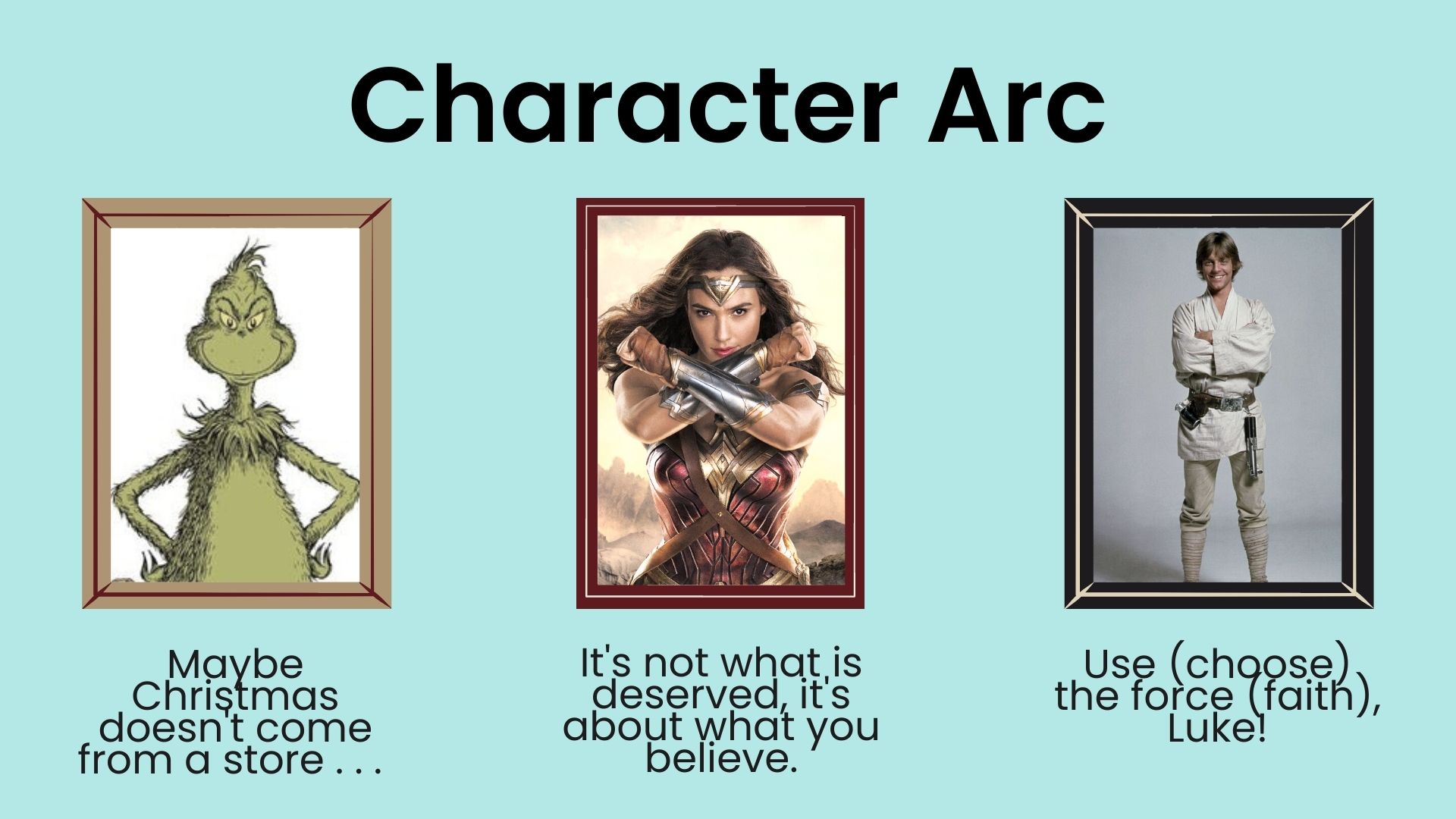

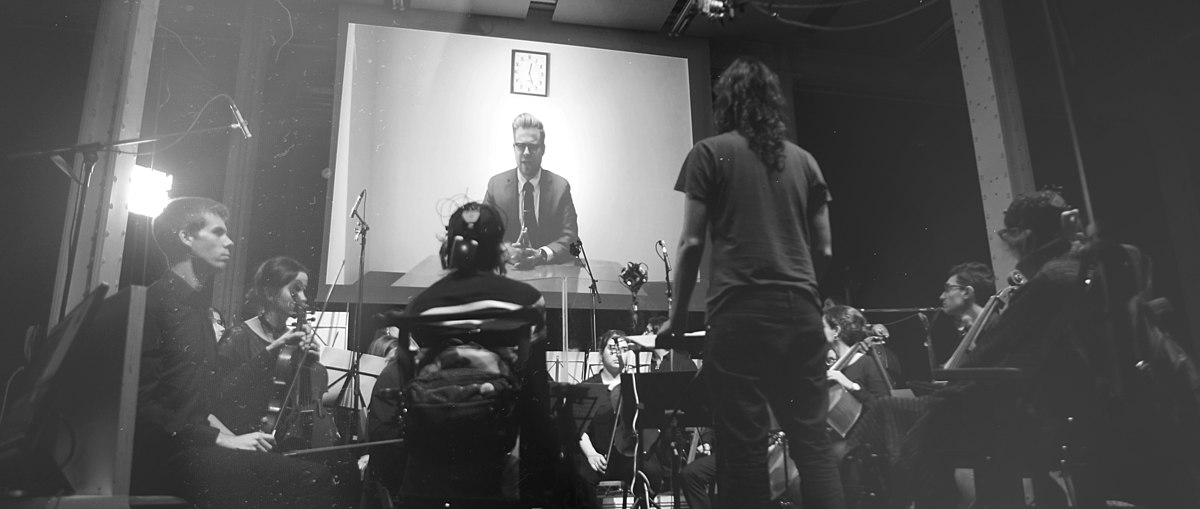
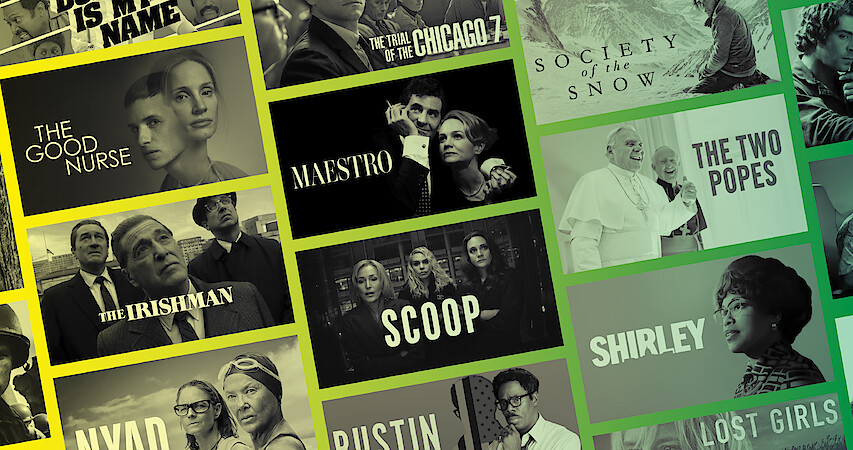
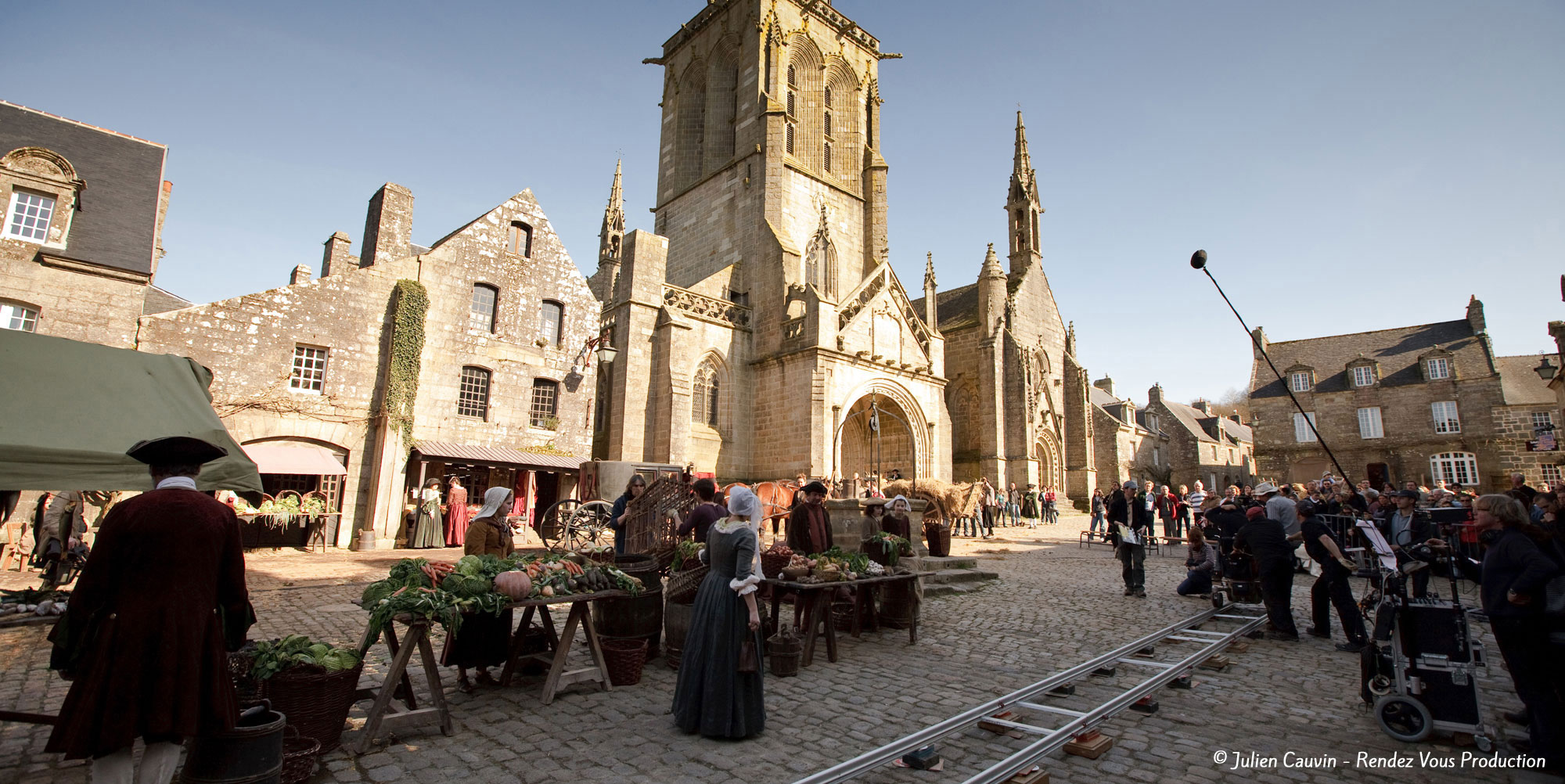
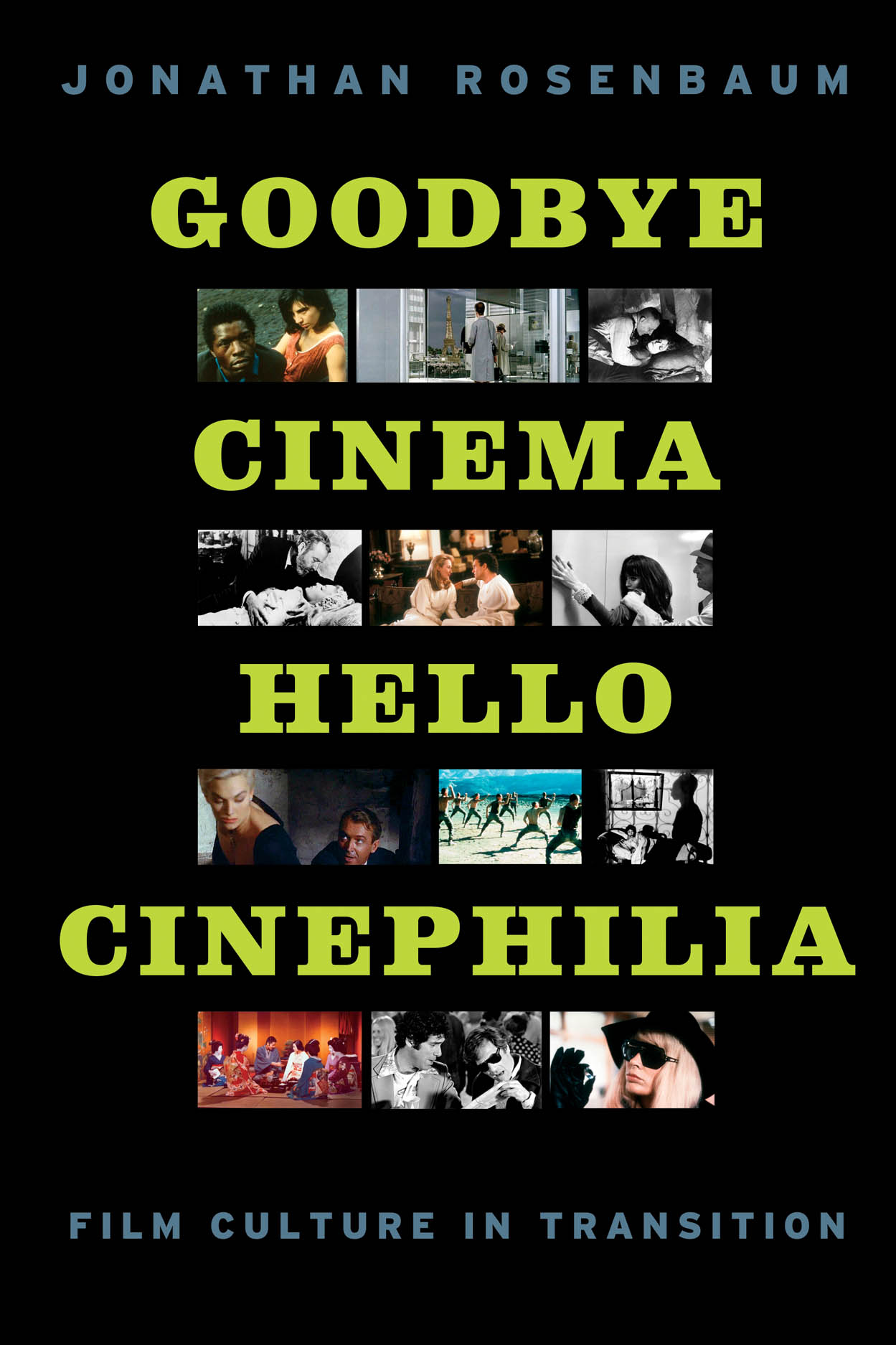

Comments